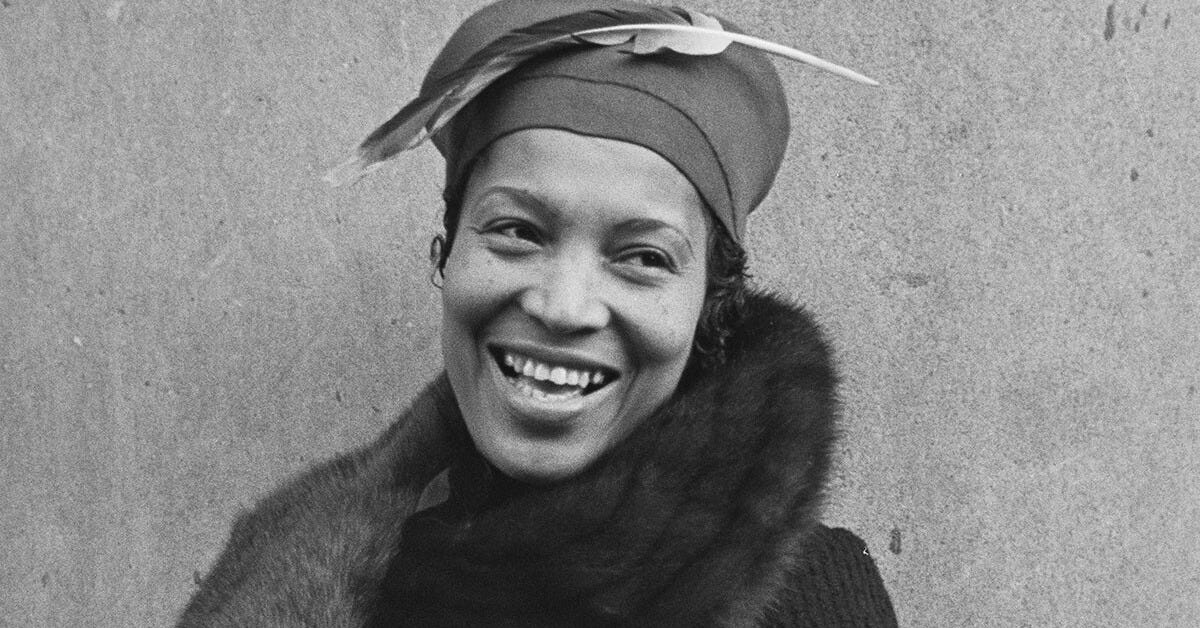On Writing with Curiosity and Purpose
What Zora Neale Hurston still teaches us about the writer’s role
Zora Neale Hurston once said,
“Research is formalized curiosity. It is poking and prying with a purpose.”
I love this quote.
It reminds me that writing is never just about crafting elegant sentences or finding the right rhythm in a paragraph.
It’s about curiosity.
It’s about asking questions that unsettle you, that unearth hidden truths, that refuse to settle for the first or easiest answer.
To write well, we must first become good listeners.
And to become good listeners, we must become better observers.
We must become curious.
Not in a vague or distracted way, but in a focused, purposeful, deeply present way. The kind of curiosity that can’t be manufactured.
The kind of curiosity that emerges from caring deeply about the subject in front of you. From knowing that what we write might contain a fragment of someone’s truth, or even a piece of our own.
Whether in this life, or in the life of someone else, long after we are gone.
For those of us writing about history, justice, identity, or personal growth, research isn’t just a technical step to ensure clarity.
It’s an ethical commitment.
Research, for us, isn’t about proving a point or padding our arguments with footnotes to mask our doubts or convince our skeptics. It’s about honoring what came before us. It’s about ensuring that the people, the places, and the stories we conjure aren’t flattened or romanticized, but instead made whole in their beautiful complexity.
Zora Neale Hurston, both as a novelist and anthropologist, never saw these practices as separate. She moved between the academy and the oral histories of Black Southern life with grace and intention. She knew that real storytelling requires both rigor and respect.
She knew that listening is a form of love.
That witnessing is a type of sacrifice. That documenting everyday life with humility is a practice of dignity.
This is our charge, too.
To formalize our curiosity into words, not to tame it, but to set something free. To liberate our witness, our love, our joy, and send them out into the world so they might lead us deeper into the questions we’re all trying to answer.
So they might help us resist the temptation to write what’s already been said, what’s already been deemed safe, what’s already been established.
Our task is to carefully poke and pry, not to exploit truth, but to illuminate it.
Not to tear apart memories, but to better understand the forces that have shaped our world and our hearts. Not to control the narrative, but to bear witness to its complexity and nuance. Not to rush toward answers, but to honor the questions themselves. And to sit with those questions long enough for something honest to emerge.
We write to embrace the confusion. To embrace the power of now. To fill the void.
To ask:
Whose story hasn’t been told?
What silence needs to be broken?
What truth am I afraid to face?
These are the questions that haunt every writer. Because the best writing doesn’t just deliver clever ideas and earn praise for beautiful language. It probes our deepest fears and dares to bears witness to them.
It carries us into the unknown.
It’s a descent into the cavern of our soul, guided by a matchstick named memory and a walking stick named hope, searching for truth, but aware that monsters lurk in the dark.
Because sometimes, when we return from that search through the archives of our soul, we discover that we don’t yet have answers to our questions.
But we do discover something that matters.
We are growing.
We are brave.
We have purpose.
That’s the gift of writing with intention.
That’s the reward of honoring our curiosity.
That’s the beauty of becoming free.
So keep poking. Keep prying. Keep unfolding.
And do it with care. Do it with love. Do it with purpose.
Decide that you are free.
Unlock the gate. Remove the chain. Turn the handle.
And then open the door, and let the world see who you are.
In solidarity,
P.S. As always, thank you for reading this edition of Freedom Papers. If you found this piece meaningful, share it with a friend. Let our stories of resilience, justice, and love continue to inspire others, as we all work toward a better, more inclusive future. And write. Write, day and night, my friend. We are running out of time.







...and you already have!! Listening now. Love this.
As an Urban studies/policy formation major I took “African American Women in Literature “ to expand my understanding of urban culture. I lobbied to have it included as part of my studies and convinced the professors to add it as a valid part of my curriculum. Little did I know I would meet not only a professor who’d change my life but a writer, Zora Neale Hurston who’d have a profound influence on every aspect of my life. I’m so grateful your post brings her tremendous scholarship as well as her literature to a wider appreciation. One of the things I loved about her were her eccentricities and dichotomies. So complex and so brilliant! Her comment about reading everything (good and bad) because if she didn’t, how would she truly know what good really was has influenced me my whole life. Thank you so very much.